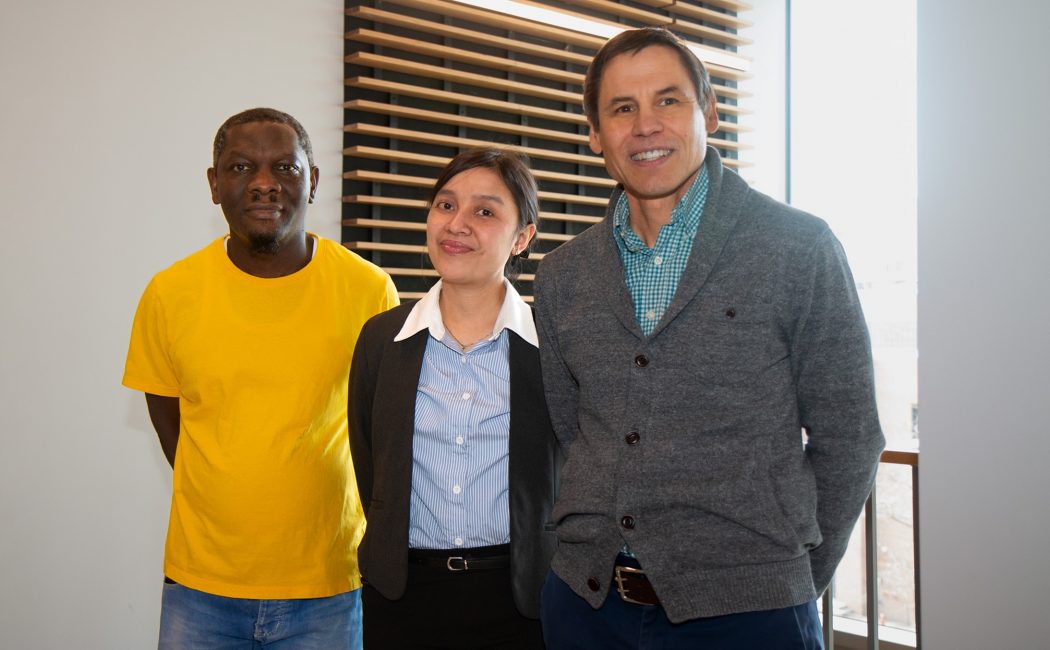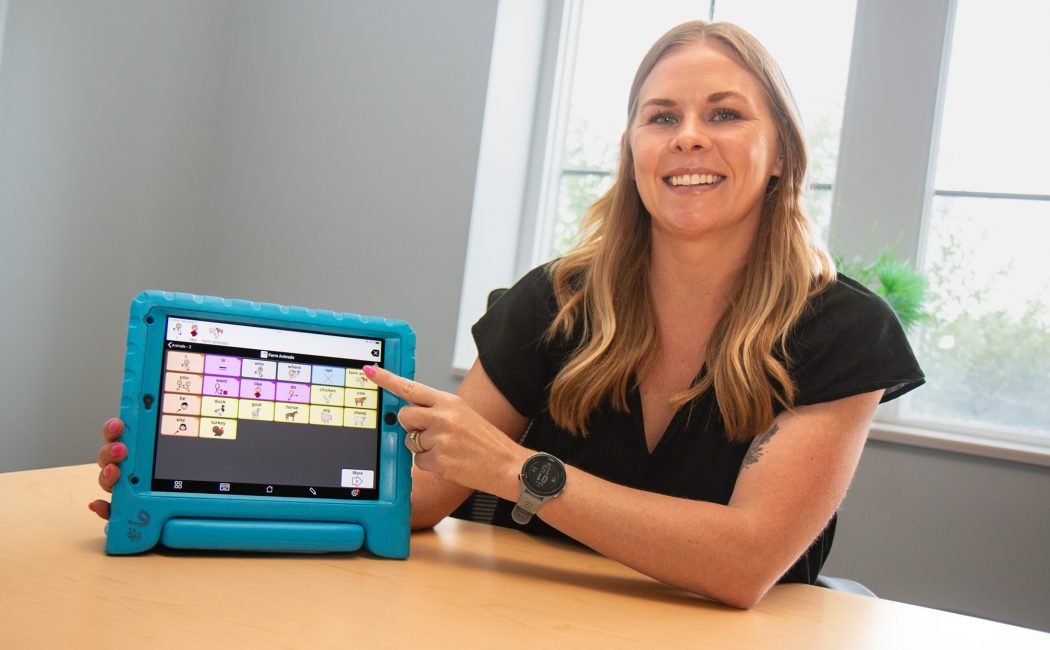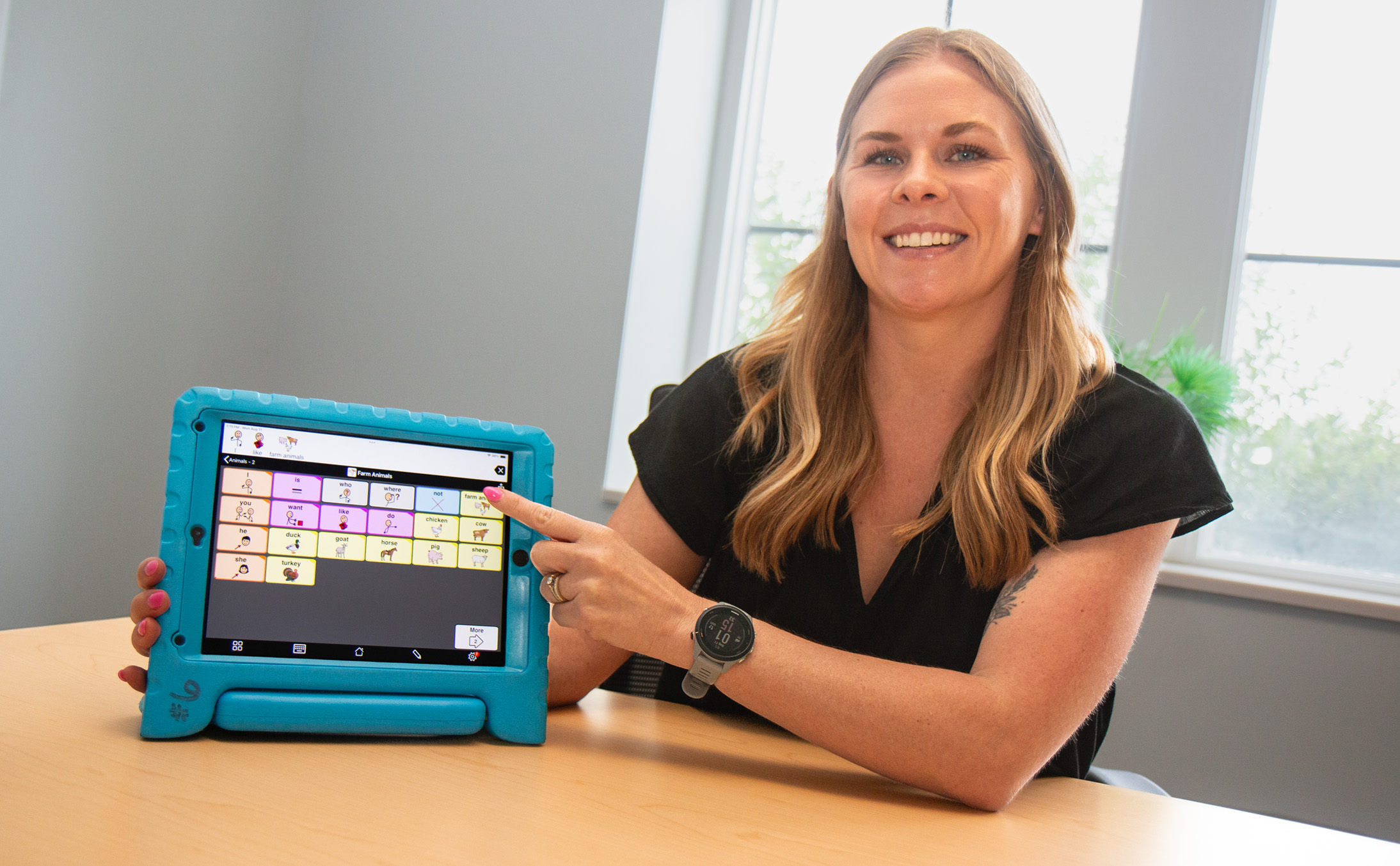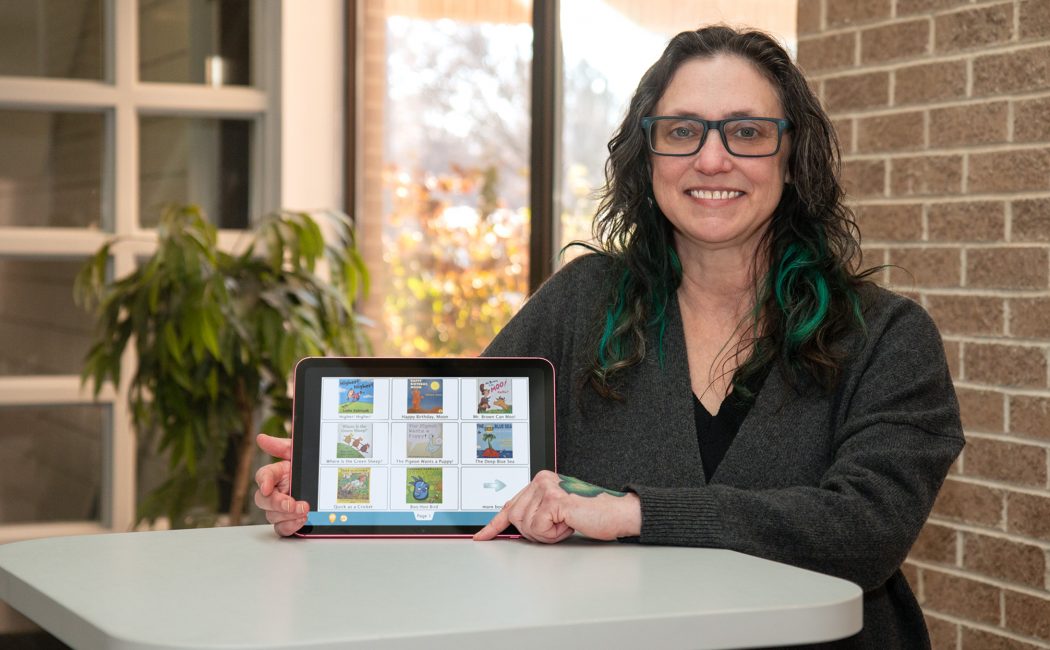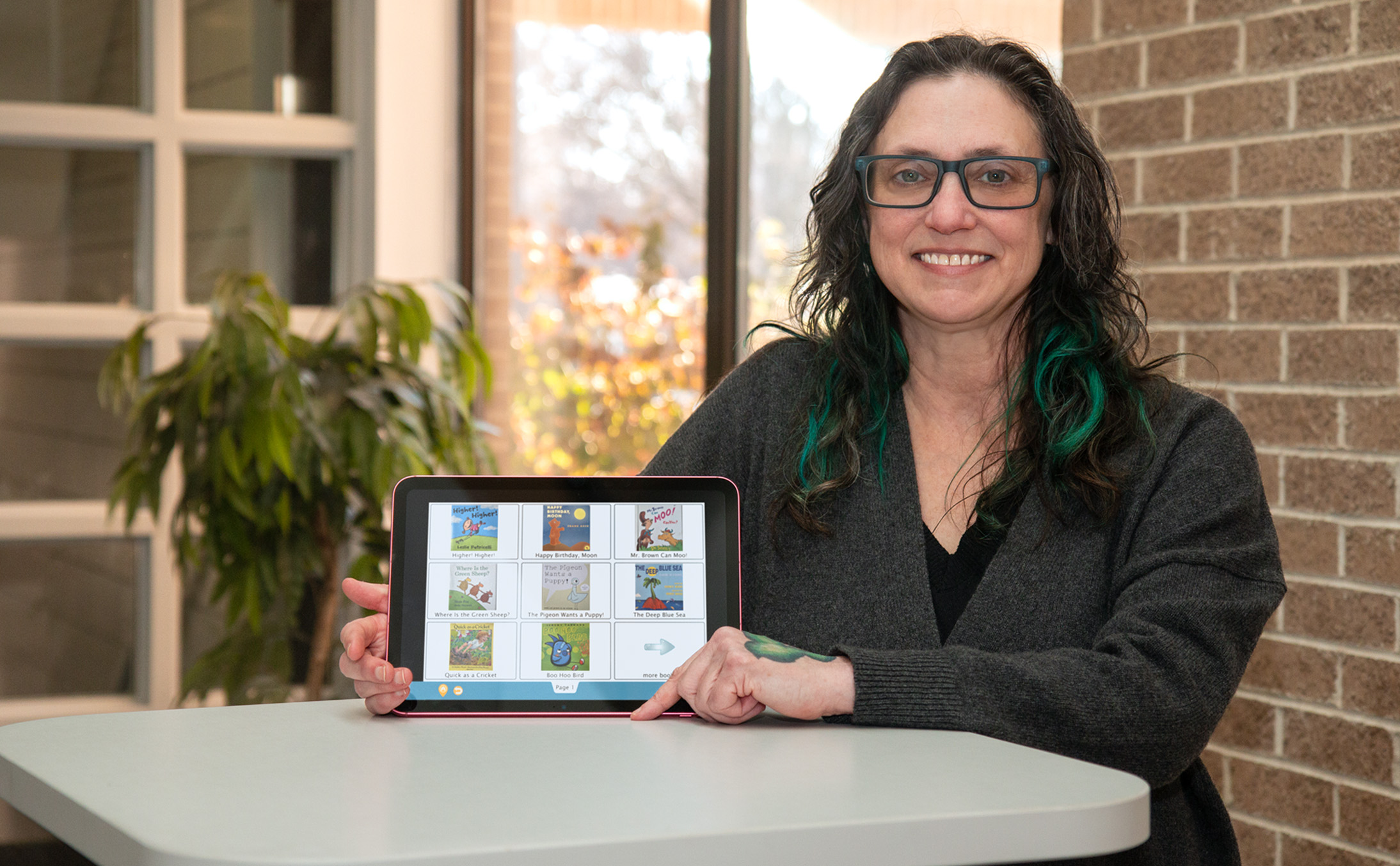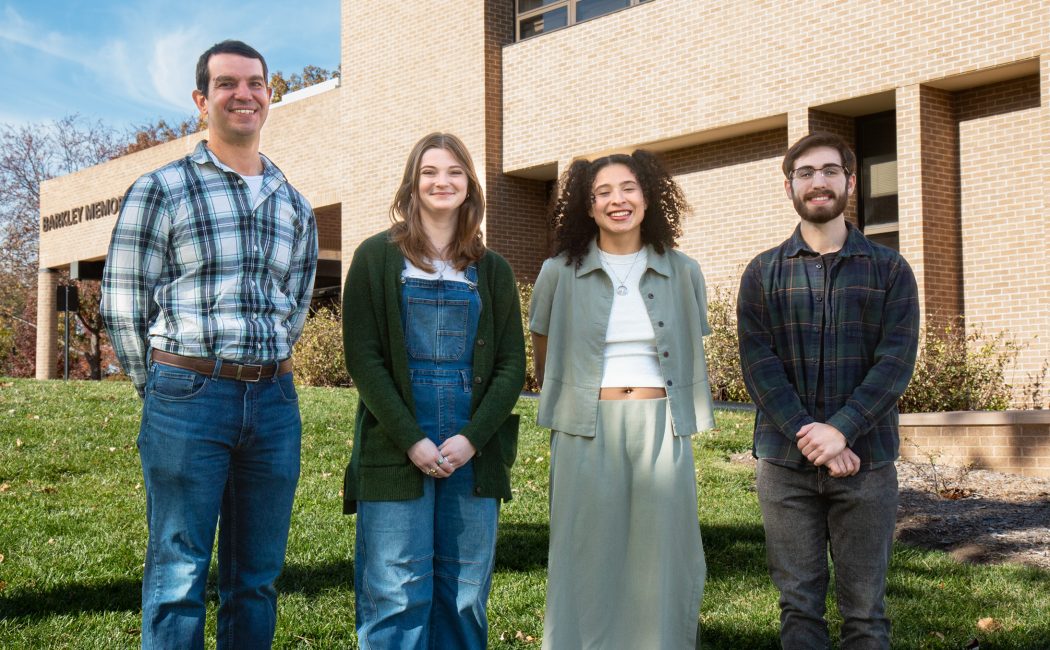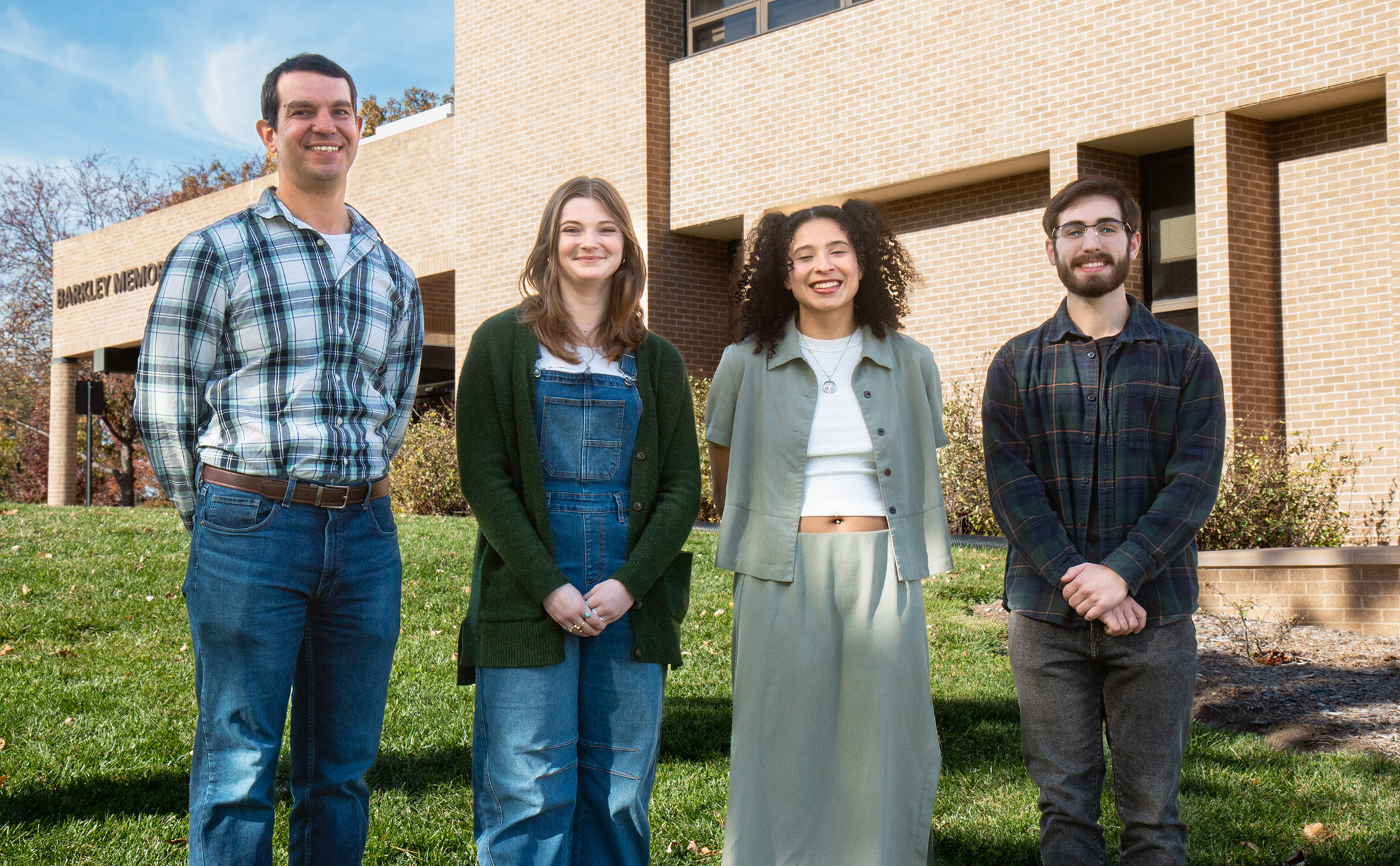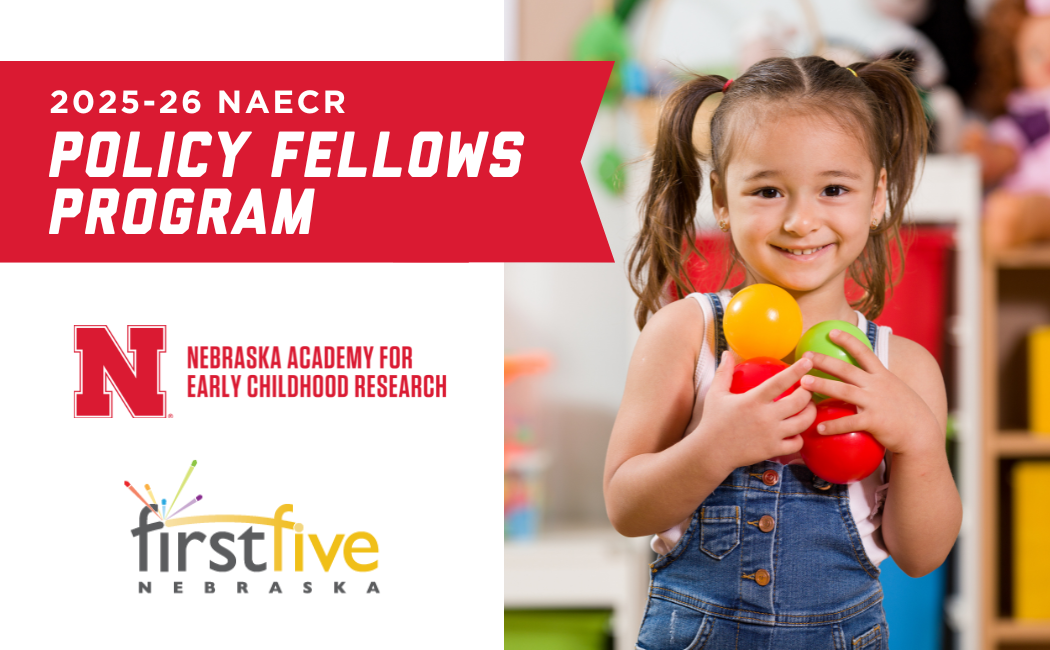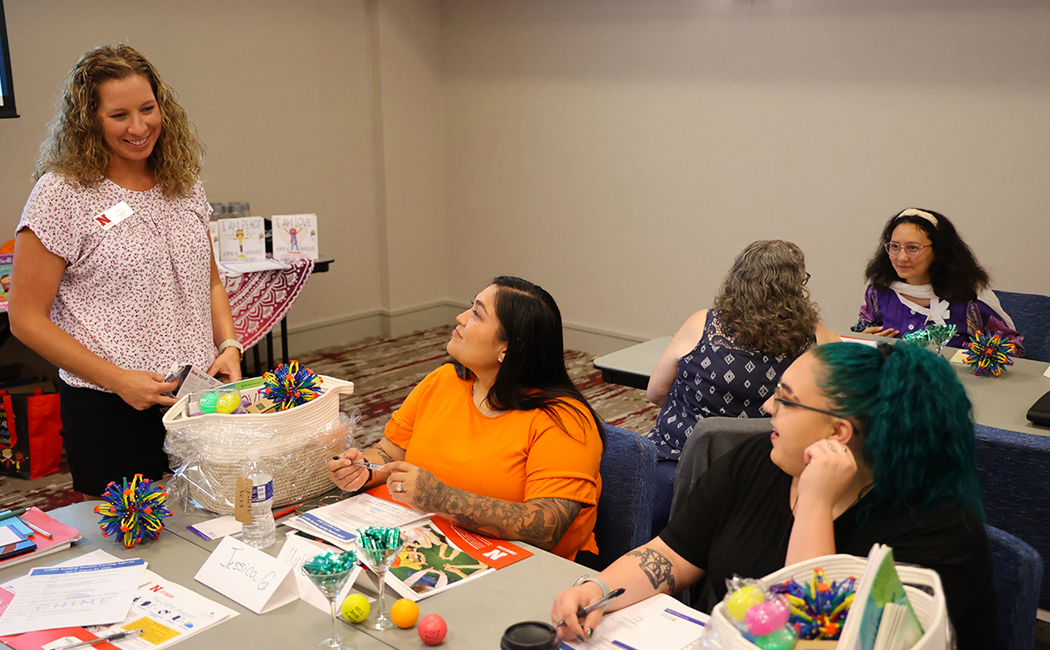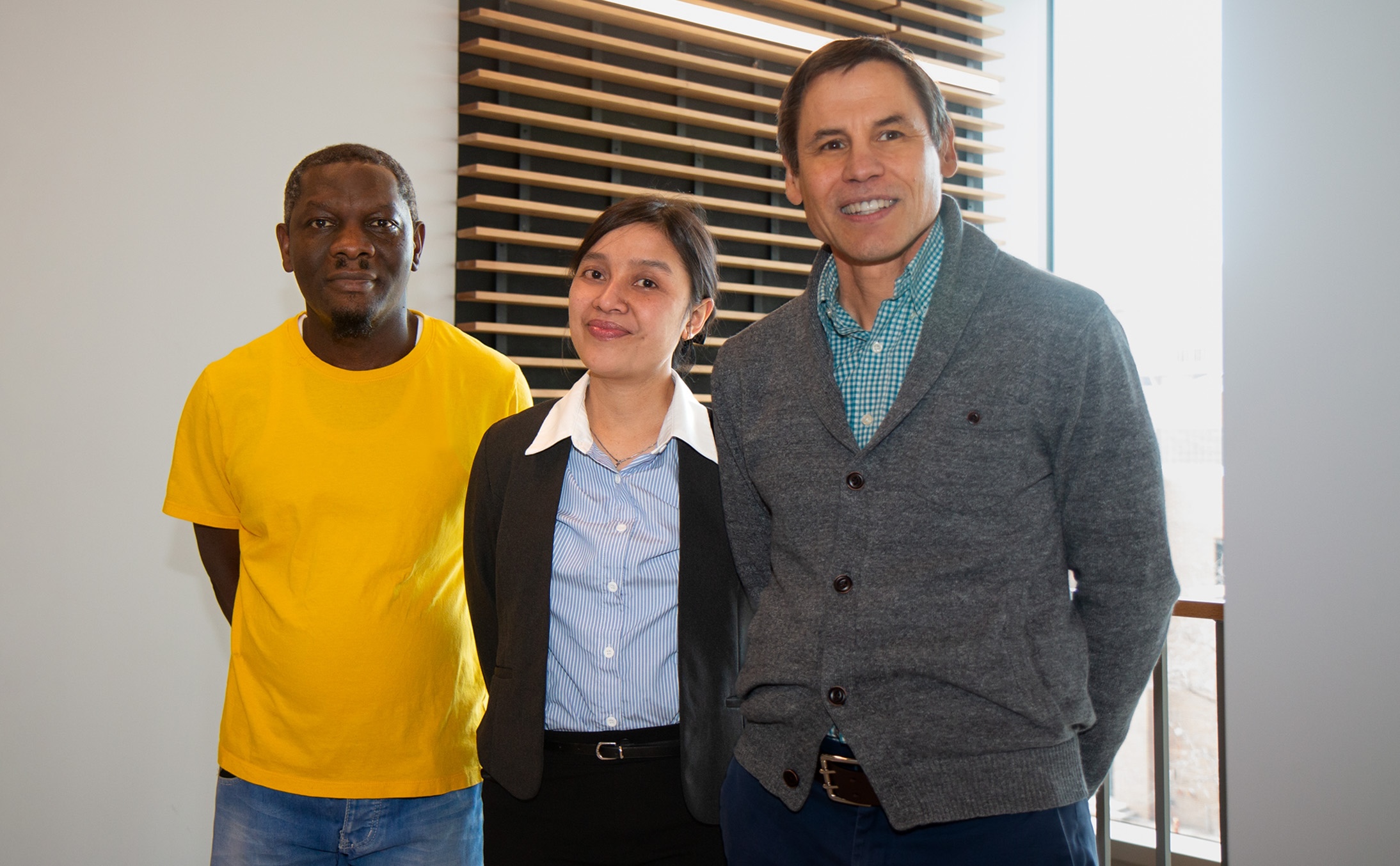
As many as three-quarters of the nearly 25,000 American youth in residential care have experienced significant trauma, including maltreatment, poverty and, for many, systemic racism and discrimination.
Research suggests that such trauma increases risk for mental and behavioral health problems. However, some youth in residential care with trauma still display steadfast resilience, functioning well even in the presence of significant risk.
